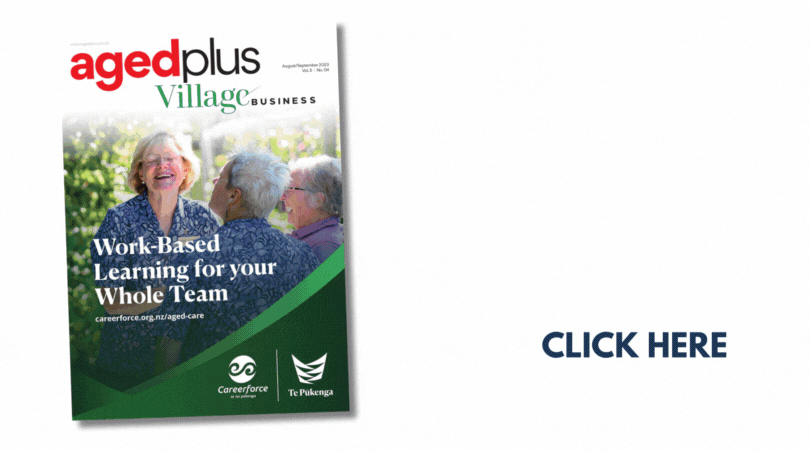Water is one of the simplest yet most vital substances to the human body, which is itself around 60 percent water. Elderly people, in particular, are at risk when it comes to dehydration, as their bodies’ lower water content means they need to drink rehydrate more often. What’s more, numerous conflating factors may cause older people to avoid drinking water, consciously or unconsciously.
Elderly people often have reduced thirst signals and become less able to concentrate their urine, whilst memory loss may make it harder to older adults to remember to drink often. Individuals with incontinence issues may not wish to overhydrate in order to avoid embarrassment, and mobility problems can make it harder for older adults to regularly fetch a drink.
Living in a nursing home, access to fluids for many residents can depend upon the availability and attentiveness of staff. It’s important to make sure guests are staying hydrated, as the benefits of drinking plenty of water are almost endless; headaches, constipation, kidney stones, urinary tract infections, memory loss, and fatigue are all conditions which can be at least partially alleviated by adequate hydration.
Health authorities commonly recommend that adults drink at least two litres of water a day, though this amount can vary depending on the individual.
But with so many alternatives on the market, it can be easy to forget to drink enough good old-fashioned water. Thankfully, whilst there’s nothing wrong with water straight from the tap, there are more and more options out there to help make water a more enticing option for elderly people.
“Water You Can Eat”

Jelly Drops were designed to solve a particularly insidious problem, which is that the symptoms of dehydration are often mistaken for the symptoms of dementia, making dehydration even more life-threatening for elderly people with dementia. When British inventor Lewis Hornby noticed his grandmother was not getting enough to drink, he developed Jelly Drops to help her.
The drops, which contain water and electrolytes to help keep elderly patients hydrated, are designed to be appealing to people with dementia as well as easy to grasp and swallow. “When first offered, grandma ate 7 Jelly Drops in 10 minutes,” said Hornby, “the equivalent to a cup full of water, something that would usually take hours and require much more assistance.”
Jelly Drops are not currently available to buy, but since the prototype went viral, Hornby has put together a team who are developing the product and hoping to launch it before the end of the year.
Skinny Fizz

Sometimes, you just need some refreshment. Skinny Fizz is sparkling water with a splash of real New Zealand fruit extract, and nothing more. Served in 100 percent recyclable packaging, Skinny Fizz is designed to emulate soft drinks in terms of flavour and presentation, only without any of the nasty stuff. Available in lime, lemon, and raspberry, the drinks are a great way to encourage elderly people to stay hydrated, providing a more exciting take on plain old water.
nakd Water

nakd is sourced from the Bay of Plenty on New Zealand’s East Coast. An area famed for its wineries, beaches, and agricultural excellence is now being rediscovered for its amazing waters, which rest far beneath the Earth’s surface on embedded silica ignimbrite rock. The water is naturally lower in sodium, potentially a contributing factor to high blood pressure, and high in silica, which boosts collagen production and helps maintain healthy hair, skin, nails, and bones. Pure and untouched, nakd is bottled at source and has won numerous awards for both its water and luxurious packaging.






